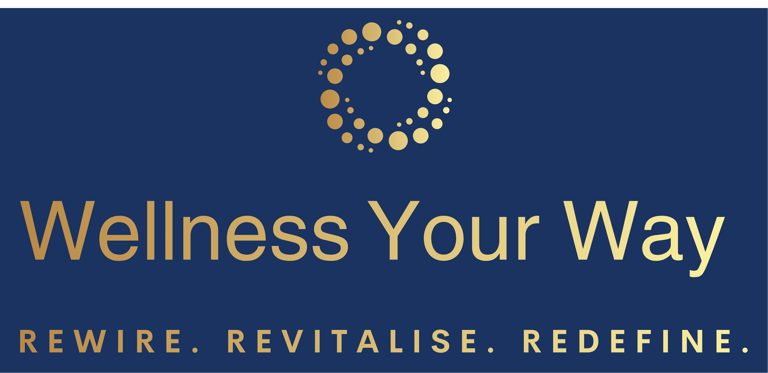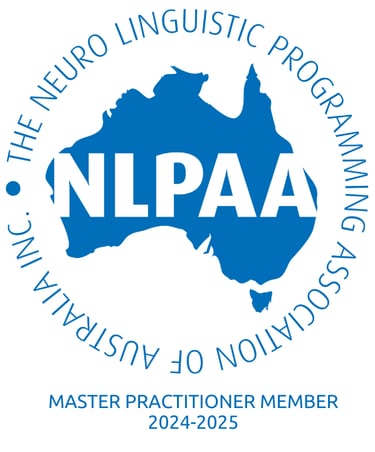How NLP Can Boost Your Psychological Well-Being
When life feels overwhelming, our inner dialogue often determines whether we cope with confidence or spiral into stress.
8/19/20251 min read


A recent study in the International Journal of Advanced Research in Engineering and Applied Sciences explored exactly this — the impact of Neuro-Linguistic Programming (NLP) on psychological well-being.
What is NLP?
Developed in the 1970s, NLP looks at how our thoughts (neurology), words (linguistics), and behaviours (programming) work together to create patterns in our lives. By recognising and adjusting these patterns, NLP helps us reframe challenges, strengthen resilience, and foster more positive emotional states.
Reframing the Story You Tell Yourself
One of NLP’s most powerful tools is reframing — changing the way we interpret situations. For example, nervousness before public speaking can be seen as fear, or it can be reframed as an energising surge of adrenaline. This simple shift can transform the way we feel and perform.
Language Shapes Our Reality
Words are more than labels — they shape the way we experience life. Phrases like “I always fail” or “I’m not good enough” reinforce negative beliefs. NLP techniques such as “belief change” or “Sleight of Mouth” patterns help people re-write these scripts, building new inner narratives that encourage growth and optimism.
Strengthening Relationships Through Communication
The study also highlighted how NLP improves interpersonal communication. Techniques like rapport building and mirroring can deepen connection, reduce conflict, and create more supportive relationships — a cornerstone of mental health.
Real Benefits (With a Note of Caution)
People who practise NLP often report:
Reduced stress and anxiety
Greater confidence and motivation
Improved emotional regulation
Stronger relationships
However, researchers point out that while many individuals see positive results, more scientific studies are needed to fully explain how and why NLP works. Critics caution against seeing it as a “quick fix,” but its practical tools for awareness and change are undeniably useful.
Why It Matters
In a world where mental health is central to overall well-being, NLP offers a practical toolkit for anyone who wants to take more control of their thoughts, emotions, and actions. By reframing limiting beliefs, improving communication, and accessing positive states on demand, NLP empowers us to live with more resilience, clarity, and purpose.
Phone/WhatsApp
+64 21 020 29366
Contact
Hours
Tuesday to Saturday 9am to 6pm
Please get in touch to enquire about alternative timing
Professional Affiliations
Legal Information
At Wellness Your Way Ltd, we value transparency and integrity in all that we do. Our legal policies outline how we protect your privacy, manage your information and deliver services with care and professionalism.
Terms and Conditions: Explains how our services operate, including payments, cancellations, digital resources and client agreements.
Privacy Policy: Details how we collect, store and protect your personal information in accordance with New Zealand privacy standards.
Disclaimer: Clarifies that our wellness, nutrition and NLP coaching services are for educational and lifestyle purposes only and are not a substitute for medical care.
© 2025 Wellness Your Way Ltd. Wellness Your Way® and the Wellness Your Way logo are registered trademarks of Wellness Your Way Ltd. All rights reserved.






